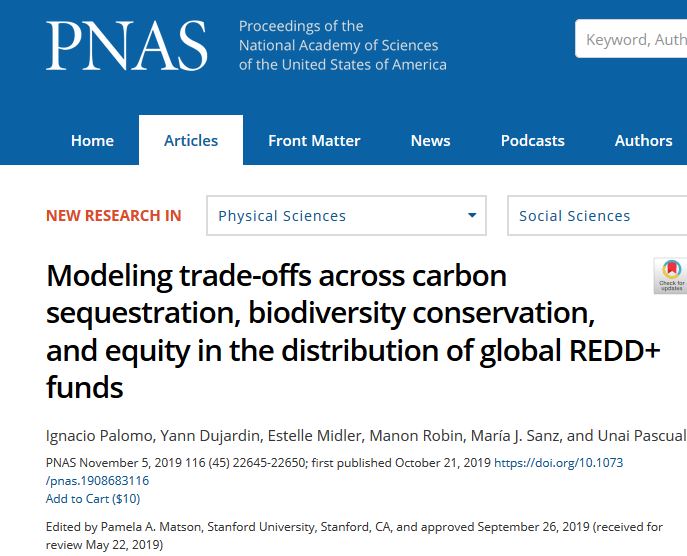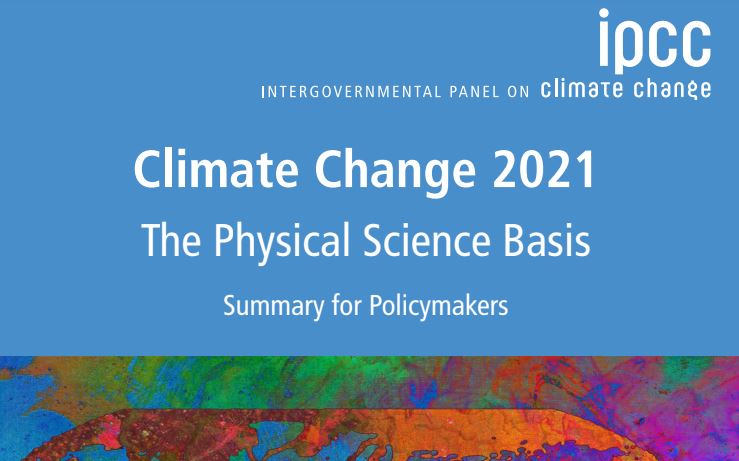11 azaroa, 2019
Published by BC3Research Ignacio Palomo Maria Jose Sanz Unai Pascual at 11 azaroa, 2019
The program on Reducing Emissions from Deforestation and Forest Degradation (REDD+) is one of the major attempts to tackle climate change mitigation in developing countries. REDD+ seeks to provide result-based incentives to promote emission reductions and increase carbon sinks in forest land while promoting other cobenefits, such as the conservation of biodiversity.
16 apirila, 2020
Published by BC3Research David Moreno Asun Rodríguez at 16 apirila, 2020
Multiple large-scale restoration strategies are emerging globally to counteract ecosystem degradation and biodiversity loss. However, restoration often remains insufficient to offset that loss. To address this challenge, we propose to focus restoration science on the long-term (centuries to millennia) re-assembly of degraded ecosystem complexity integrating interaction network and evolutionary potential approaches. This approach provides insights into eco-evolutionary feedbacks determining the structure, functioning and stability of recovering ecosystems. Eco-evolutionary feedbacks may help to understand changes in the adaptive potential after disturbance of metacommunity hub species with core structural and functional roles for their use in restoration.
29 urria, 2020
Published by BC3Research Unai Pascual at 29 urria, 2020
Categories
9 abuztua, 2021
Published by BC3Research at 9 abuztua, 2021
Categories
Today, 9 August, a new report by IPCC “AR6 Climate Change 2021: The Physical Science Basis” has been presented. The Working Group I report is the first installment of the IPCC’s Sixth Assessment Report (AR6), which will be completed in 2022.




